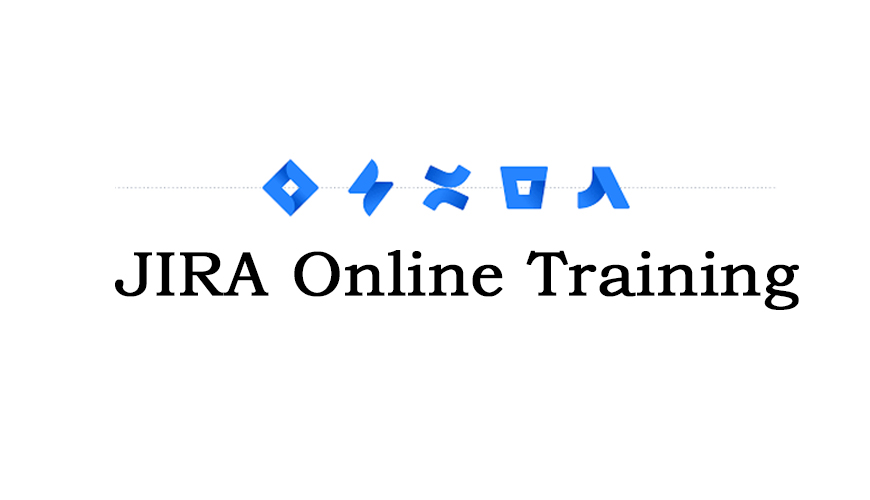Introduction
Artificial Intelligence (AI) has become a buzzword in recent years. From self-driving cars to virtual assistants like Siri and Alexa, AI is becoming an integral part of our lives. But with great power comes great responsibility, and ensuring that AI is developed and deployed ethically is of paramount importance.
The Rise of AI and Its Impact
AI has come a long way since its inception. Gone are the days when it was merely a sci-fi fantasy. Now, it’s as real as your morning cup of coffee (and it’s probably going to be delivering that coffee to you soon). It’s revolutionizing industries, from healthcare to finance, and even the arts. But let’s not get carried away; there’s a flip side to this shiny, high-tech coin.
The Not-So-Funny Side of AI
Imagine a world where your toaster starts making passive-aggressive comments about your breakfast choices. Or worse, a self-driving car that suddenly decides it wants to be a race car driver without asking for your opinion. That might sound like a bad comedy sketch, but it’s the potential reality if we don’t keep a close eye on AI development.
The Ethical Conundrum
When it comes to AI, ethical considerations are not a luxury; they’re a necessity. Just like teaching your pet not to chew your favorite shoes, we need to establish guidelines for AI development. We can’t afford to have AI systems that discriminate, invade privacy, or make decisions that could have serious consequences without a second thought.
A Lesson from Sci-Fi
Remember those dystopian movies where robots decided they didn’t like humans anymore and started plotting world domination? Yeah, let’s not go there. We’re aiming for more of a “Wall-E” scenario and less of a “Terminator” one.
The Bias Conundrum
One of the biggest challenges in AI development is dealing with bias. It’s like trying to teach a parrot not to mimic the sound of a car alarm—it’s tricky business. If the data used to train an AI system is biased, the results will be too. We don’t want AI systems making decisions based on stereotypes or preconceived notions any more than we want our grandparents to choose our outfits.
Transparency and Accountability
Imagine a world where your microwave tells you it’s using the “defrost” mode because you left the frozen peas in there. It sounds hilarious, but when it comes to AI, transparency and accountability are no laughing matter. We need to know how decisions are being made and who is responsible for them. It’s like wanting to know who’s in charge of the thermostat when your office feels like a sauna.
The Human Touch
As much as we love technology, there are certain things that should always remain in human hands. Like deciding whether a work of art is a masterpiece or a doodle, or determining if a joke is genuinely funny or just painfully awkward. We can’t let AI take over our critical thinking and moral compass.
The Future Is in Our Hands
We’re at a crossroads, my friends. The future of Artificial Intelligence Online Training in India is in our hands, quite literally if you think about it. We need to ensure that AI is developed responsibly, with ethics at the forefront. It’s like teaching a toddler to share their toys—it might take some patience, but it’s worth it in the end.
Conclusion: A Gigantic Responsibility, But We’re Up for It
Developing AI with ethics in mind is not just a nice-to-have; it’s a must-have. We can’t afford to let AI run wild without any checks and balances. So let’s roll up our sleeves, put on our ethical thinking caps, and make sure that Artificial Intelligence Training In Delhi becomes a force for good in the world. After all, we wouldn’t want our future to be decided by a bunch of rogue toasters, would we?




